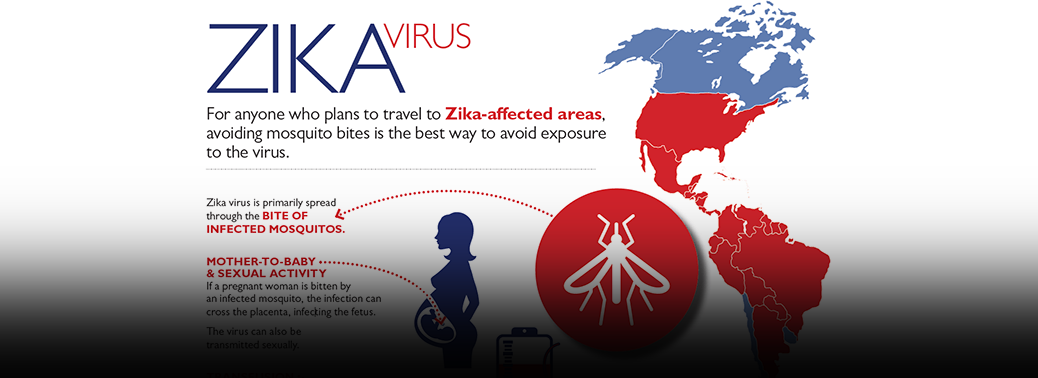U.S MODIFIES ZIKA ADVISORY
02, Apr 2019

Prelims level : Science and technology
Mains level : General Studies-III: Technology, Economic Development, Bio diversity, Environment, Security and Disaster Management
Why in news?
The US modified its Zika virus alert for travellers to India, changing the status from ‘ongoing outbreak’ to ‘current or past transmission but no current outbreak’ after the health ministry intervened.
Background:
India has asked the United States’ public health agency, the Center for Disease Control and Prevention, to “withdraw or modify” an advisory it issued on December 13 warning people against travelling to Rajasthan due to an outbreak of the Zika virus. The government took exception to the use of “endemic” in the advisory as Zika outbreaks in India have been contained within small areas.
CDC Report:
- The CDC had said the virus was endemic to India and pointed out “there is an unusual increase in the number of Zika cases in Rajasthan and surrounding states”.
- It cautioned pregnant women against travelling to such areas. This is because Zika infection during pregnancy can cause serious birth defects. The health agency classified its alert under Level 2, which requires “enhanced
- protection”. Level 1 advises “usual precautions” and Level 3 advises against “non-essential travel”.
What is CDC:
- The Center for Disease Control and Prevention (CDC) serves as the national focus for developing and applying disease prevention and control, environmental health, and health promotion and health education activities designed to improve the health of the people of the United States.
How does the outbreak evolve?
- Zika virus was first identified in Uganda in 1947 and the outbreaks of Zika virus have been recorded in Africa, the Americas, Asia and the Pacific. The disease has been reported from across 86 countries.
- The carrier of this virus is the same day-biting Aedes aegypti mosquito that spreads dengue, chikungunya, and other vector-transmitted diseases and is present in hordes in most parts of the country.
- There is no available drug or vaccine against Zika, while the treatment is mainly supportive.
What should be done?
- Control – In the absence of any vaccine or specific drugs to cure zika, protection from mosquito bite and mosquito control are the only ways to combat this menace.
- This requires breaking the breeding cycle of the mosquitoes by destroying their eggs and larvae rather than just killing the adult mosquitoes as is usually done through fogging.
- revention – A nationwide mosquito control programme of the kind that had, in the past, helped in nearly eradicating malaria is needed once again.
- The option of using the highly effective pesticide DDT is no longer available on account of an ill-advised ban on it.
- Hence, alternate measures such as larvae-eating fish and mosquito predators would need to be deployed to check mosquito multiplication.
National vector disease control programme:
- The National Vector Borne Disease Control Programme (NVBDCP) is a comprehensive programme for prevention and control of vector borne diseases namely Malaria, Filaria, Kala-azar, Japanese Encephalitis (JE), Dengue, Zika and Chikungunya which is covered under the overall umbrella of NRHM.
- Directorate of National Vector Borne Disease Control Programme (NVBDCP) is the central nodal agency for the prevention and control of vector borne diseases.
Implementation
- The National Vector-Borne Diseases Control Programme has not been implemented properly and it is resurrected only during disease epidemics.
- If it is implemented on a regular basis on the lines of the polio control programme, it can help avert zika and also scourges such as malaria and Japanese encephalitis.
- However, Aedes mosquitoes breed even in small collections of fresh water in and around homes, schools and work sites. Hence door-to-door surveys to monitor the presence of larvae and suitable action against the defaulters are absolutely essential. The government should realise that the gains from spending resources on taming disease-dispensing vectors would far outweigh the cost of dealing with recurrent disease outbreaks and take measures accordingly.






